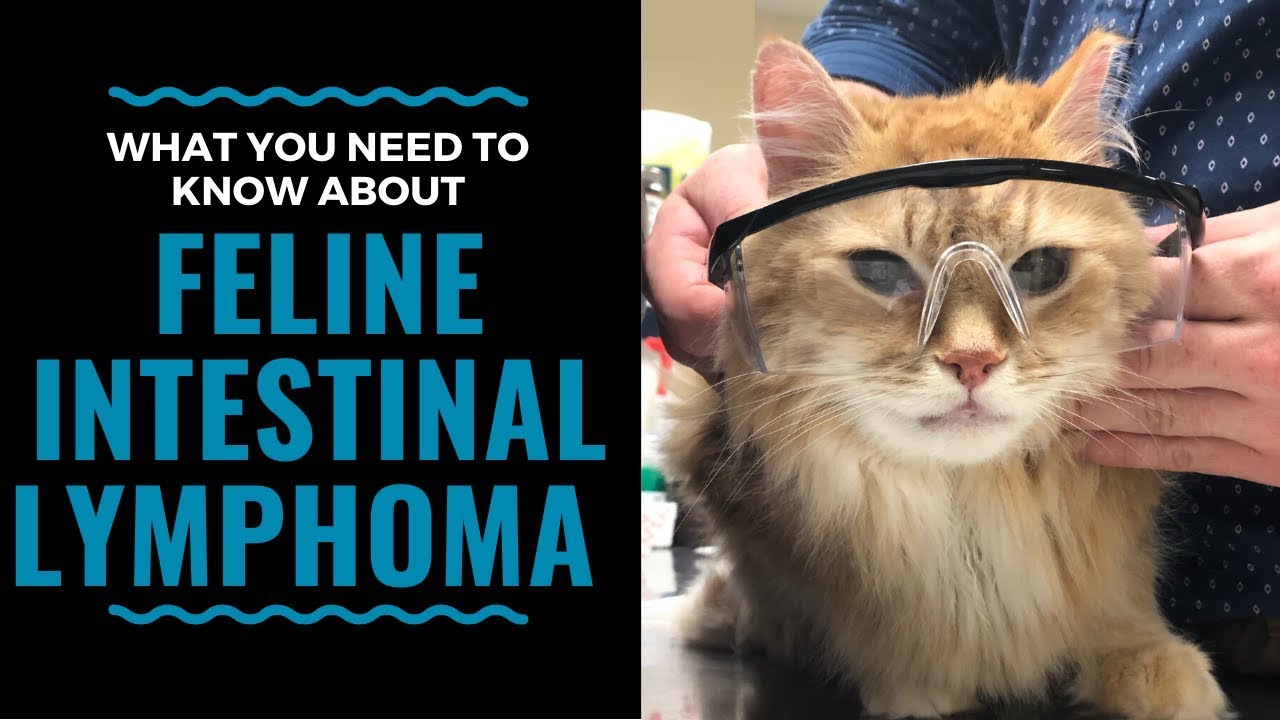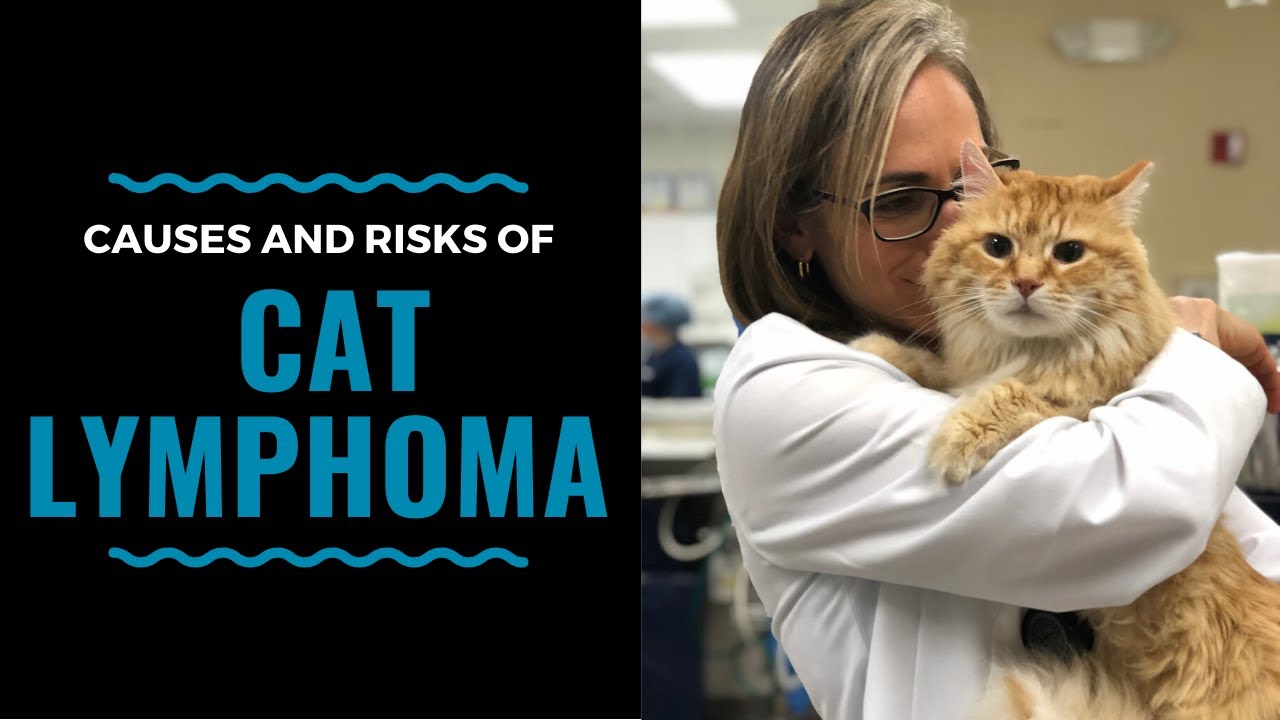DYK, Feline lymphoma most commonly affects the gastrointestinal (GI) tract.
High and low-grade forms can have similar symptoms – vomiting, diarrhea, weight loss and/or decreased appetite to anorexia. A cat may have all of the symptoms, or just one.
- In part 2 of this series on cat lymphoma, Dr Sue discusses high grade and low-grade lymphoma, how they are similar and very different – in symptoms, treatment, and prognosis.
- She also discusses other forms of lymphoma like nasal, kidney, and liver.
- Lymphoma is a systemic disease that requires chemotherapy in almost all cases. Treated cats live longer, and chemotherapy is generally well-tolerated. Outcomes for treated cats are less predictable than dogs, but cats tend to tolerate chemotherapy better than dogs.
- Be sure to subscribe so you do not miss the rest of this important series on cat lymphoma.
- Every case can be different and it can really help to consult with a cancer specialist.




